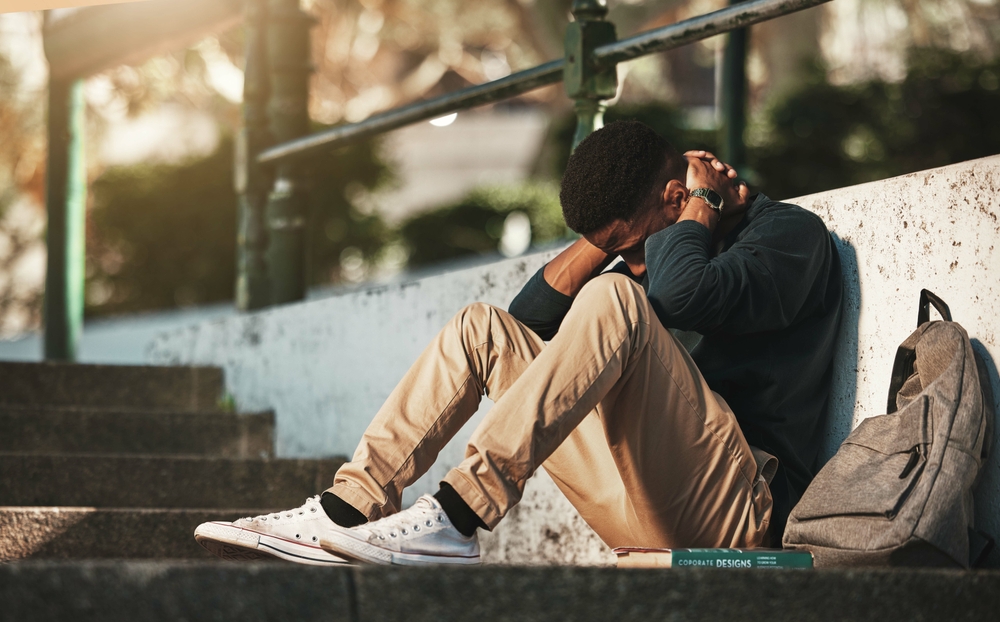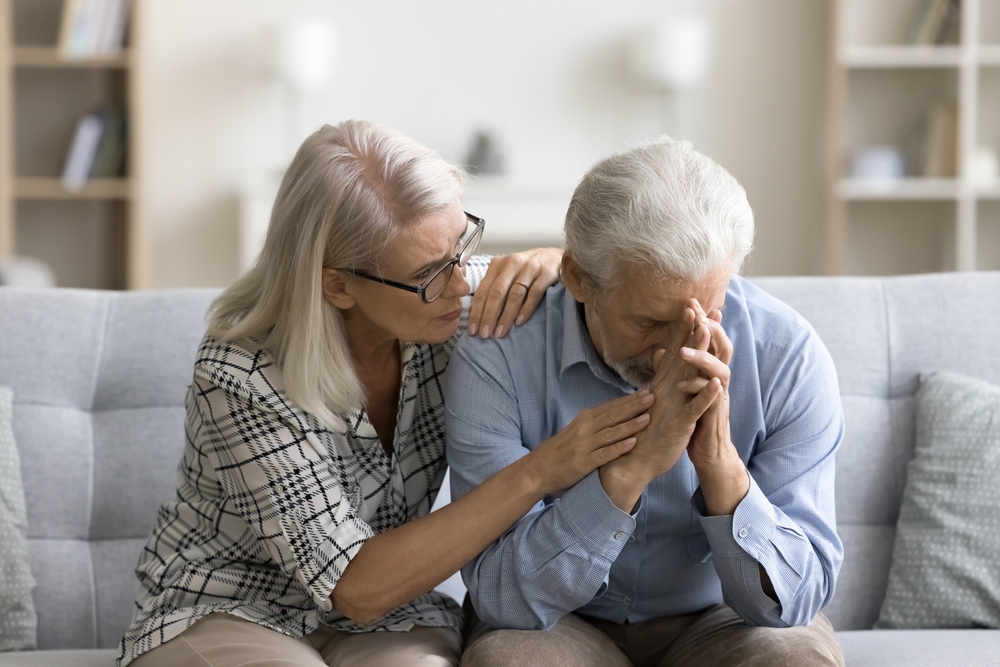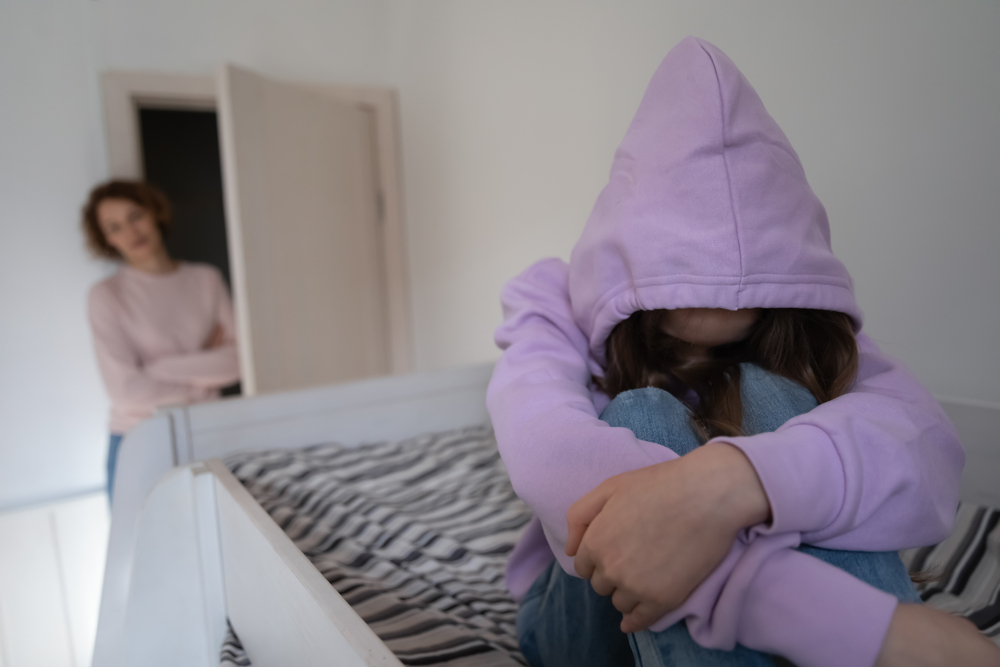College is the start of your adult life, and that can come with a lot of stress. However, if you are one of the many teens who suffers from an anxiety disorder, starting school can make the transition even harder. This may lead you to wonder if college is triggering your anxiety, and what you can do to manage your symptoms.
Does College Stress Make Students Vulnerable to Anxiety?
Starting college has a lot of new life stresses:
- Living away from home
- Managing your own schedule
- Balancing class schedules and course work
- Financial stress
- Finding employment, maybe for the first time
- Social stresses from meeting and making new friends
In addition, many college students find themselves drawn to political or social issues – such as climate change or religious freedoms – that bring with them their own stress and demands for time and energy.
Get Help with College Triggered Anxiety Today.
Talk to a psychotherapy about your stress and learn what to do when college triggers anxiety.
What College-Age Anxiety Looks Like
None of these life stresses directly cause anxiety among college students. Anxiety isn’t just a matter of stress. Instead, the various types anxiety are mood disorders caused by a combination of genetic and environmental conditions. Anxiety can be caused by traumatic events or chronic concerns like bullying and overscheduling, but it also has genetic and biological components that make some teenagers and young adults more likely to experience an anxiety disorder than others.
So how can college students tell if they are feeling stressed, or if college is triggering your anxiety? You may be experiencing anxiety if you:
- Experience prolonged nervousness
- Have trouble focusing on your work
- Worry excessively
- Have trouble sleeping or insomnia
- Find yourself missing deadlines or assignments
- Withdraw from family, friends or classmates
- Have changes in appetite (eating too much or not enough)
- Experience invasive or pervasive negative thoughts
Why Does College Trigger Students’ Anxiety?
There are certain types of anxiety that are common among college students:
- Anticipatory Anxiety – where students have anxiety or panic triggered by thoughts of future events like projects or advisor meetings
- Separation Anxiety – triggered by the lose of friends or feeling isolated, particularly at the start and end of the semester
- Test Anxiety – a spike of physical and mental anxiety symptoms, including panic, triggered by testing or exams
- Social Anxiety – a pervasive form of anxiety around engaging in new or uncomfortable social situations, such as making new friends, joining a fraternity or sorority, or making public presentations to larger classes
Any of these anxieties can occur even without a diagnosed anxiety disorder. However, for those who do struggle with anxiety, these feelings of fear, panic, and worry can become overwhelming and dominate the college experience.
College triggers anxiety in part because it is a time of significant change in a young adult’s life. For most, going off to college comes with a substantial increase in independence. This provides college students with flexibility and an opportunity to define themselves separate from their parents or family group. However, it also can trigger feelings of vulnerability, inadequacy, or uncertainty. Not having the supports you are used to – in the form of parents, friend groups, and religious leaders – can make those feelings harder to cope with.
Many college students find that they feel increased negative thoughts, including:
- Loneliness
- Negative self-talk
- Self-doubt
- Worry
- Obsessive thoughts
- Self-harm
This can cause anxious college students to withdraw from high-stress activities, including social engagements, which leads to greater isolation and further heightened symptoms.
Treating College Anxiety
The good news for college students is that, in most cases, they have access to physical and mental health care through their university or college campus. In many cases, appointments are free or low-cost. This means that students experiencing anxiety can often be screened for anxiety without leaving campus. Depending on the school, there may also be therapy and medication options available on-site.
People with anxiety can address their symptoms through psychotherapy, medication, and behavioral changes (including exercise). In addition to the services offered on campus, college students can work with a private psychotherapist to identify anxiety triggers, develop coping techniques, and resolve underlying trauma or interpersonal concerns that cause recurring anxiety responses. A psychotherapist can also help you develop healthy habits, such as daily exercise, journaling, meditation, and diet changes, that will reduce stress and limit how frequently college triggers your anxiety.
Stress is a normal part of college life, but anxiety disorders are not. You don’t have to suffer alone. Talk to your campus health clinic or a psychotherapist to see how you can take control of your anxiety today.
David Stanislaw is a psychotherapist with over 30 years of experience. He helps adults, teens and children identify and address anxiety disorders and other psychiatric issues. Contact David Stanislaw to get help today.


 6 Ways to Accommodate Your Spouse’s Anxiety
6 Ways to Accommodate Your Spouse’s Anxiety How Long Does Therapy Take?
How Long Does Therapy Take? Helping Kids Cope with Trauma and PTSD
Helping Kids Cope with Trauma and PTSD